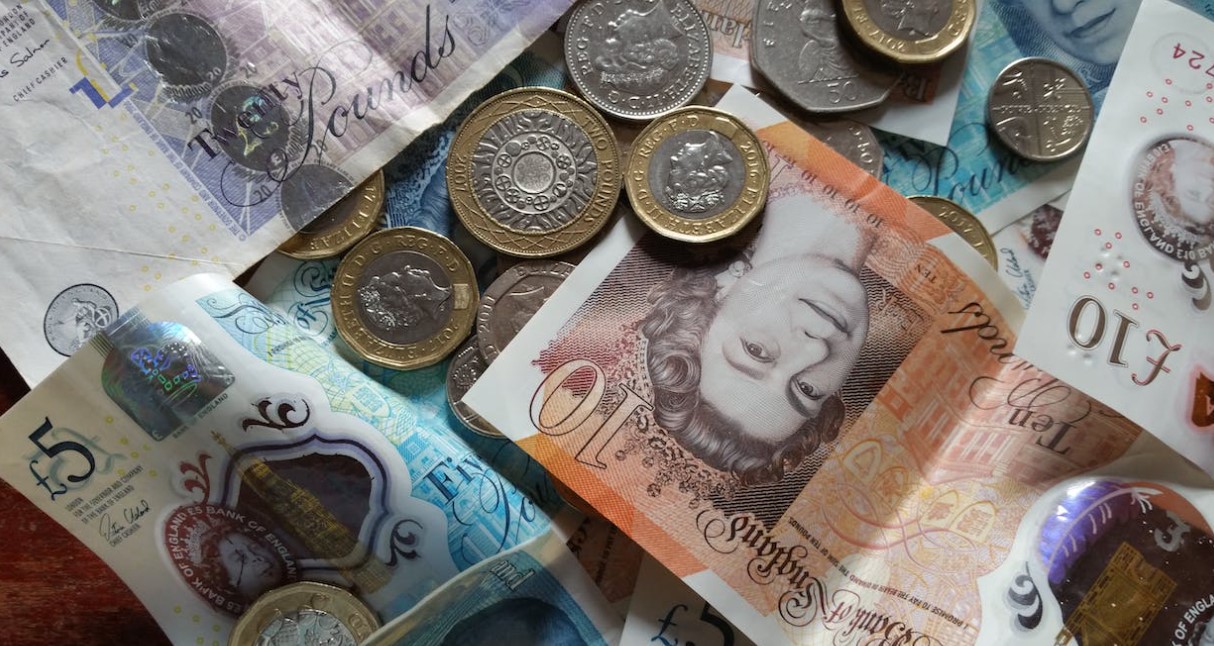Given these challenging financial times, it is always good to be on control of your finances. One part of this is keeping up to date with your tax position. Tax is challenging and forever changing so here are some top tax tips to keep you in check.
Dealing with HMRC
Usually HMRC are quite helpful, and you can find out information on their website. However, HMRC has temporarily closed its helpline for 3 months until early September to resource staff elsewhere, so making contact is not easy. You can set up your own digital tax account with HMRC to check your PAYE codings, locate any payments or refunds made, prepare your tax return online and request a state pension forecast.
Tax Allowances
Do you know what the different tax allowances are?
Every person has a tax free personal allowance of £12,570.
Earnings of £37,700 over and above your personal allowances will be taxed at 20%. This means that total earnings of £50,270 will render you with tax liability of £7,540 giving you an effective tax rate of 15%.
Earnings above £50,270 will attract a higher tax rate of 40% and an additional tax rate of 45% once over £125,140.
If total income exceeds £100,000, you start to lose your personal allowance giving you an effective tax rate of 60%! There are however ways to mitigate this.
Bank interest up to £1,000 is tax free if you are a basic rate taxpayer, and £500 if a higher rate taxpayer. With interest being historically low, this was not an issue for most and now that rates have increased, check what interest you have received.
Dividend income has the first £1,000 tax free (recently reduced from £2,000) and then is taxed at your top rate of income tax at 8.75%, 33.75% and 39.35% depending on your other income;
Trading allowance of £1,000 – if you earn less than £1,000, this can be tax free thanks to the “trading allowance”;
Likewise, the Property Allowance of £1,000 is a tax exempt allowance if you have income from land or property – useful if you let your driveway out for parking etc;
Capital Gains – the first £6,000 of capital gains is tax free (reduced from £12,300) and is being reduced further to £3,000.
Given the above allowances, try and arrange your affairs to utilise all allowances available. Consider splitting income with your partner so you pay no more tax than is necessary, e.g. put your bank interest into a joint account, share your dividend income by gifting shares, consider gifting assets you may intend to sell at a later date. Likewise, if you have a family business, consider paying family members provided they have roles within the business.
Pensions
Check your state pension forecast and consider making voluntary contribution if you have any gaps especially as HMRC has opened up a window for making good a shortfall. Consider making additional pension contributions to save for your retirement as you get tax relief at source.
If you do require help with your tax, ensure you use the services of an accountant who is qualified. The word “accountant” is not a protected name, so anyone can call themselves an accountant. Always check individual credentials and ensure the person you are dealing with has the appropriate expertise. You would not see an unqualified dentist, so apply the same logic to your finances!
Maureen Lamburn, Chartered Accountant & Chartered Tax Adviser 
